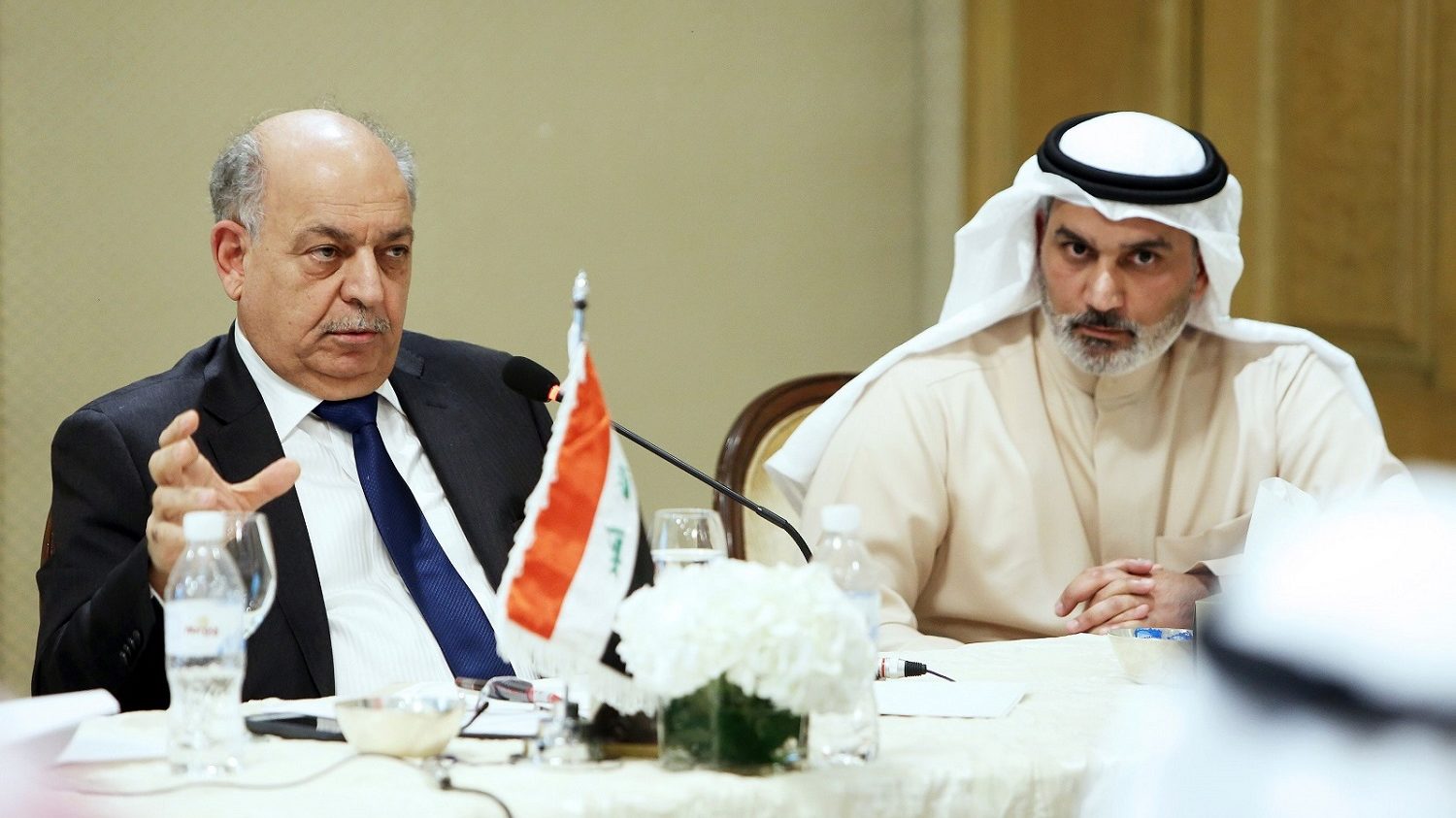Finally, a Khaleeji in the OPEC Presidency
Asharq Al-Awsat, London, January 7
Over 40 years have passed since the position of secretary-general of the Organization of the Petroleum Exporting Countries (OPEC) has been assumed by a Khaleeji individual. Last week, Kuwaiti citizen Haitham Al Ghais was elected as the organization’s new leader, and he will succeed the Nigerian Muhammad Barkindo, who will leave the post in July. This appointment raises an important question: Isn’t it strange that Gulf countries comprise four of the organization’s 15 members, and yet not a single Khaleeji has led the organization in so many years? To be clear, the Gulf presented and appointed a secretary-general 15 years ago, Dr. Adnan Shihab-al-Din from Kuwait, but he did not fully assume the position. There is an explanation for everything in OPEC, even the things that no one understands. First, Saudi Arabia was not willing to have a Saudi candidate for the leadership of the organization. The explanation for this can be found in the words of one of the Saudi oil ministers: “We are actually the leader, and the largest producer in the organization, so why do we crowd everyone out for the position?” This is a reasonable point of view, as Saudi Arabia wants to win everyone’s affection, and a Saudi presence at the top of the organization’s ranks could have increased tensions among member states, given the importance of this role. Another reason is that OPEC has historically sought to appoint secretaries-general from neutral countries, including Nigeria, Indonesia, and Venezuela. Indeed, everyone expected that Saudi Arabia would support Indonesia’s return to the position only seven years ago, but its candidate was not a strong competitor. But given Caracas’ bad relations with the West, assumptions were also made that Saudi Arabia would support Nigeria. Today, despite all this history of sensitivities and intricacies, Al Ghais was chosen in a very smooth way, which demonstrates the extent of maturity that OPEC has reached. –Wael Mahdi (translated by Asaf Zilberfarb)


